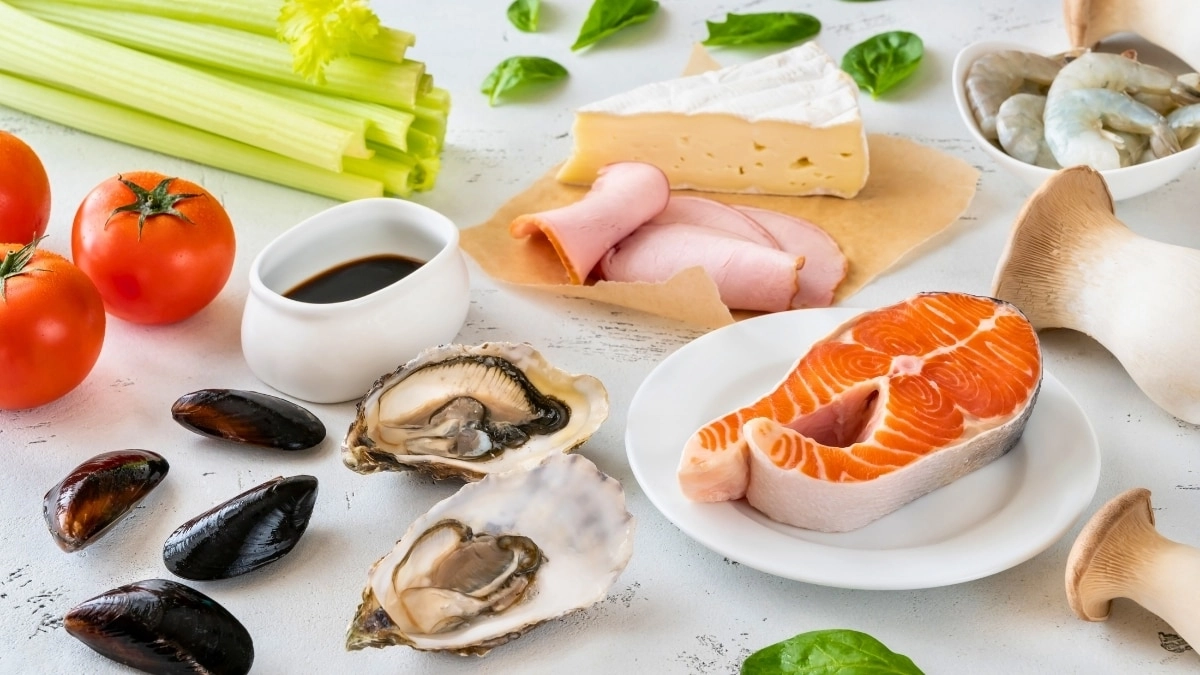Umami, often referred to as the fifth taste, has gained recognition in the culinary world for its unique ability to enhance flavors and elevate dishes. Unlike the more familiar tastes of sweet, sour, salty, and bitter, umami offers a distinct savory quality that can transform the dining experience. The term itself is derived from the Japanese word meaning “deliciousness” and was first identified by Professor Kikunae Ikeda in 1908. He discovered that the amino acid glutamate is largely responsible for this taste, which is found in foods such as tomatoes, cheese, mushrooms, and meats. The presence of umami can create depth and complexity in flavors, often making dishes more satisfying and enjoyable.
Chefs around the world are increasingly recognizing the importance of umami in their cooking, yet it remains a taste that many home cooks may overlook. This is surprising given that umami can significantly enhance the overall flavor profile of a dish. For instance, adding a sprinkle of parmesan cheese or a dash of fish sauce can elevate a simple pasta or soup to new heights. The versatility of umami allows it to pair well with other flavors, making it a valuable tool in the kitchen. Understanding how to incorporate umami can lead to more balanced and flavorful meals, encouraging chefs and home cooks alike to experiment with ingredients that are rich in this elusive taste.
Moreover, umami is not just about adding flavor; it also has the potential to contribute to satiety and satisfaction in meals. Foods rich in umami can trigger the release of certain hormones that signal fullness, making them a crucial component of a well-rounded diet. By focusing on umami-rich ingredients, cooks can create dishes that not only taste better but also promote a sense of well-being and satisfaction. As the culinary landscape continues to evolve, umami stands out as a vital component that should not be ignored. Whether you are a professional chef or a home cook, embracing this fifth taste can lead to more flavorful, enjoyable, and nutritious meals.
In conclusion, umami is a powerful taste that enhances the complexity and depth of flavors in cooking. Its ability to create a sense of satisfaction while promoting the enjoyment of food makes it an essential element in both everyday meals and gourmet dishes. By understanding and utilizing umami, cooks can unlock a new level of culinary creativity, transforming ordinary dishes into extraordinary experiences. As you explore the world of flavors, don’t underestimate the impact of umami—embracing it may just elevate your cooking to an entirely new level.




